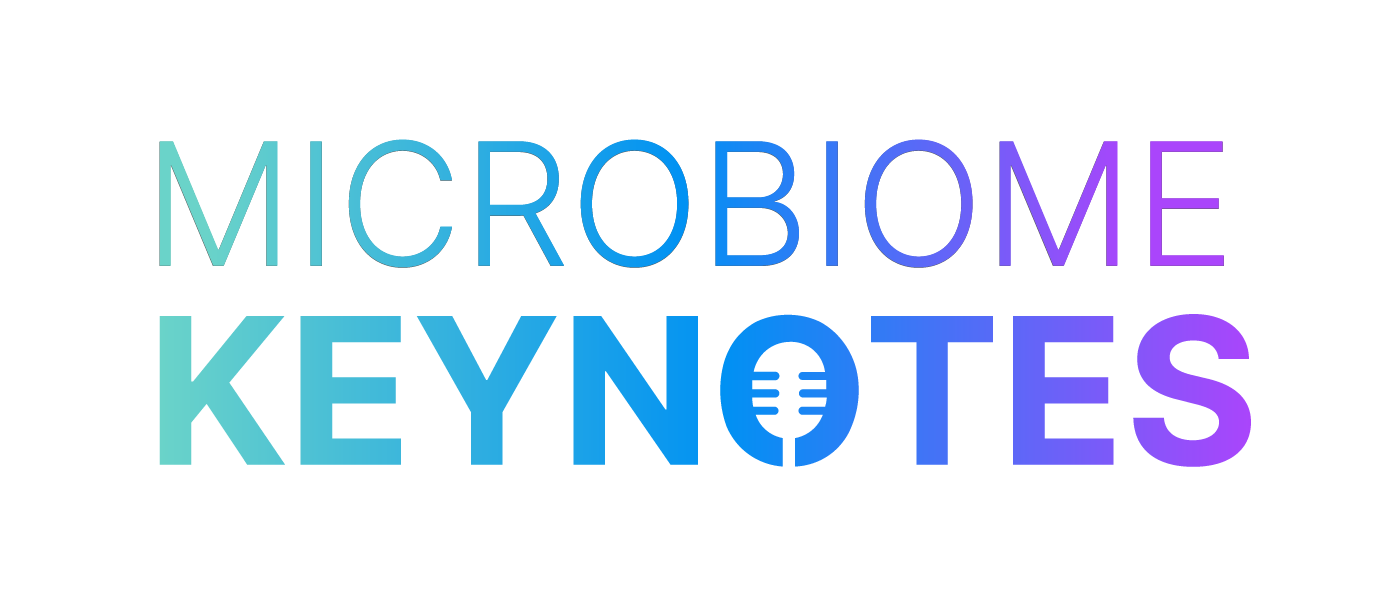HOME > 2020 KEYNOTES > NICOLE BEURKENS, PHD, CNS
Nicole Beurkens, PhD, CNS
The Family Biome: Behavioral and Relational Factors that Influence Microbiome Health in Children and Adults
Saturday, November 14 | 2:30 - 3:30 PM EST
The family unit constitutes a unique biome of not only humans, microorganisms, and the physical environment, but also the emotions and behaviors of individuals within the system. While microbiome health tends to be assessed and addressed through the lens of physiology and the relationship between microorganisms and host, recent research spotlights the importance of looking at human behavior and connection in order to support microbiome health and function. We will explore the various ways these factors impact microbiome health, treatment compliance, and patient progress. Strategies for addressing child and adult components of the family biome will be provided.
Get To Know Dr. Beurkens
A unique combination of psychologist, nutritionist, and special education teacher, Dr. Nicole Beurkens, has over 22 years of experience supporting children, young adults, and families to improve brain function naturally. She is an expert in evaluating and treating a wide range of developmental and mental health issues in children and adults using psychotherapy, food, targeted nutrients, and healthy lifestyle strategies. Dr. Nicole has a doctorate in Clinical Psychology, masters degrees in Special Education and Nutrition, and is a Board Certified Nutrition Specialist. She is the Founder and Director of Horizons Developmental Resource Center in Grand Rapids, Michigan where she leads a multidisciplinary team dedicated to exceptional evaluation and integrative treatment services, research on innovative treatment protocols, and professional training on best practices. She is an international consultant and speaker, award-winning therapist, published researcher, and best-selling author. Her work has been highlighted in numerous publications, and she’s an expert media source. When she isn’t working, Dr. Beurkens enjoys spending time with her husband and four children.
Why did you get into studying the microbiome?
”Many years ago I began to notice a pattern of children coming into my clinic with significant developmental and mental health symptoms, as well as gut-related symptoms. It was not something I had learned about in my psychology training, so I delved into the research on gut health and the gut-brain connection. That ultimately led me to getting a degree in nutrition and integrative health, and addressing microbiome health as one of the foundations of treatment for children, adults, and families in my practice.“






